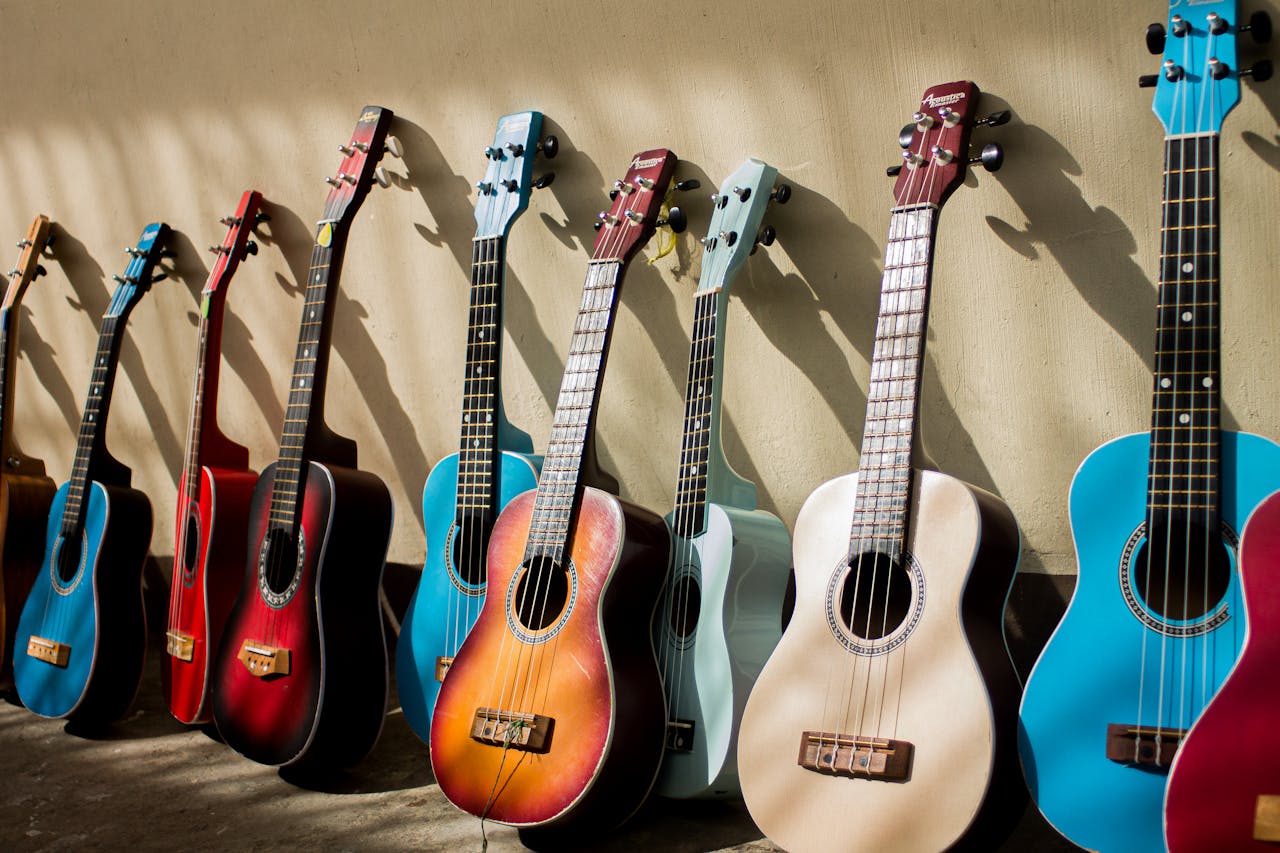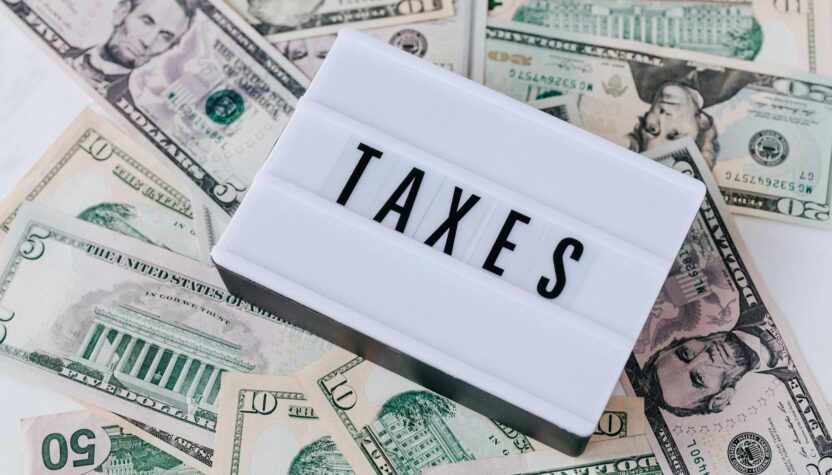Touring can feel like living a dream, late-night gigs, new cities, and maybe a few broken guitar strings along the way. But after the final encore, reality hits: taxes. Looking back at 2008 the year in review, it’s clear that financial planning is as vital to a musician’s career as hitting the right note on stage. For many artists, tax season feels more like a confusing remix than a chart-topping hit. Musicians are small business owners in disguise. Every concert, flight, and hotel room has potential tax implications. Knowing what’s deductible (and what’s not) can mean the difference between a healthy refund and a financial hangover.
Travel and Lodging Expenses That Qualify
Every mile you drive or flight you take for your music business can count as a tax deduction. Airfare, hotel stays, and car rentals tied directly to a performance or promotional event are legitimate write-offs. Even meals during travel can be partially deductible, though you’ll need to keep good records. There’s no receipt, no deduction. However, the IRS draws a line between business and pleasure. If you extend your tour stay for a mini-vacation, that part of your trip isn’t deductible. Keep your records clean and focused on professional costs. It saves you headaches later and keeps your accountant’s eyebrow from twitching.
Gear, Instruments, and Equipment Write-Offs

Musicians practically live inside their gear. Guitars, microphones, laptops, amps, these are all essential tools of the trade and usually deductible. Even repairs and upgrades fall under the same category, as long as they’re used for performances or recording. Big purchases, such as studio setups or sound systems, may need to be depreciated over several years instead of being deducted all at once. Think of it as the long game of tax savings. Keeping a simple spreadsheet of what you buy and when you use it will make your next tax season far less stressful.
Promotion, Marketing, and Branding Expenses
In today’s digital scene, self-promotion is half the job. Costs for website hosting, online ads, graphic design, and even music video production often qualify as marketing expenses. These are business costs, not vanity projects, if they’re meant to grow your audience.
Daily Touring Costs That Add Up

Even small daily expenses on tour can snowball into meaningful deductions. Think snacks on the road, tips for venue staff, or parking near a gig. As long as they’re business-related and documented, they can help lower your taxable income. Keeping a tour diary or using an expense-tracking app helps more than you’d think. It turns a pile of random receipts into an organized summary of your professional life. And that organization could mean extra money in your pocket come April.
What You Can’t Deduct (Even If You Want To)
Here’s where many musicians trip up. Personal costs, like family travel, everyday clothes, or your Netflix subscription, aren’t deductible, even if they keep you “inspired.” Likewise, fines, traffic tickets, or unrecorded cash payments don’t count. Being a touring musician is equal parts art and business. Taxes might not be glamorous, but they’re just another stage to master. Treat your finances like your music, with rhythm, discipline, and attention to detail, and tax season won’t feel like an encore you didn’t ask for.

